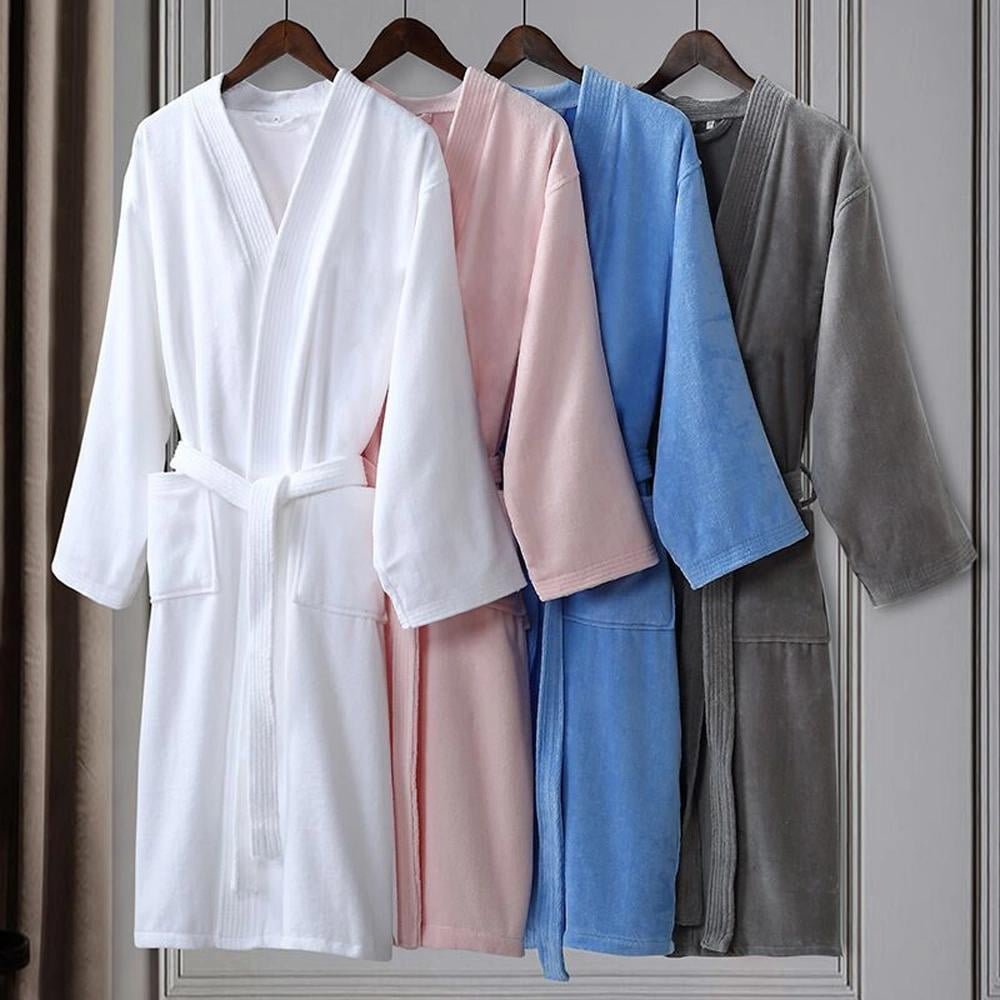textile
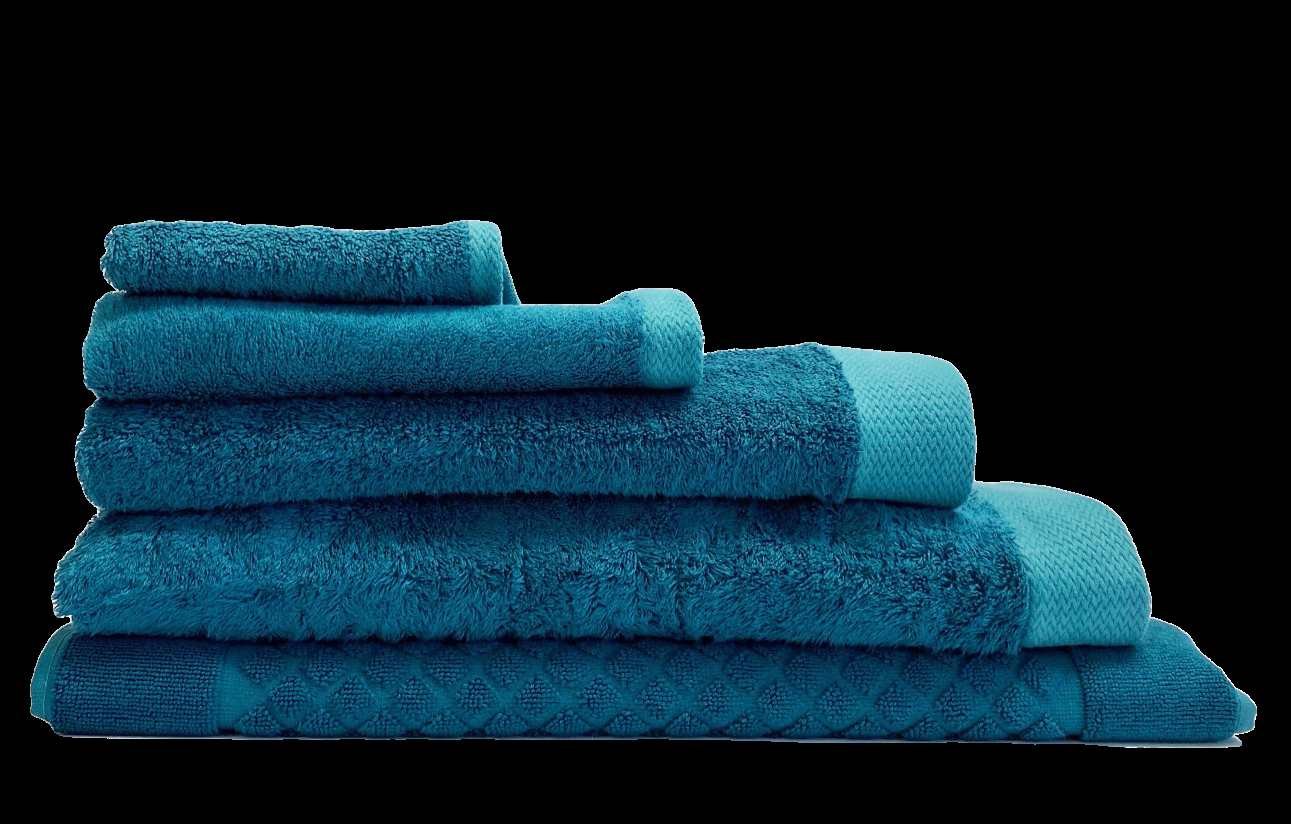
TOWEL
In the textile industry, lean methodologies permeate every aspect of textile manufacturing, from fiber sourcing and yarn spinning to weaving, dyeing, and finishing. By eliminating waste, optimizing processes, and empowering employees, we have helped our textile manufacturers streamline their operations to meet the demands of a dynamic market while maintaining high-quality standards:
- Increased CSP ( Cutting, Stitching & Packing) Production by 2.5 Ton/day.
- Increased -10000 mtr / day production in Length Hemming.
- Optimized manpower in the Juki Line by 2.30%.
- By implementing SMED, changeover time is reduced by 52%.
- Machine cleaning time was saved by implementing SOP for CLRI activity in the Length Hemming machine by 35% and in the Cross Cutting machine by 15%.
APPAREL
Lean manufacturing concepts are critical to ensuring efficiency, quality, and sustainability in the garment industry’s production process. Every facet of manufacturing, including design and fabric procurement, cutting, sewing, and finishing, is integrated with lean processes.The apparel sector may achieve greater operational efficiency, cost-effectiveness, and the capacity to consistently produce fashionable, high-quality clothing that meets a wide range of consumer demands while supporting sustainable practices by incorporating lean manufacturing concepts.

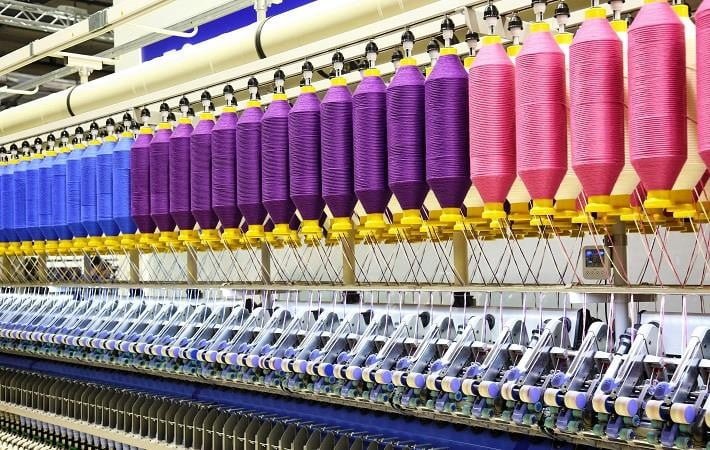
YARN
In the yarn industry, lean manufacturing principles play a pivotal role in optimizing efficiency, quality, and productivity across the production process. From raw material procurement and spinning to winding and packaging, lean methodologies are seamlessly integrated into every aspect of manufacturing. By focusing on waste reduction and process optimization, manufacturers can minimize lead times, production costs, and resource consumption while maintaining high standards of yarn quality and consistency.
BEDSHEET
Lean manufacturing techniques are essential for maximizing productivity, quality, and customer happiness in the bedsheet business. Manufacturers may reduce lead times, manufacturing costs, and resource consumption while upholding high standards of workmanship and product quality by concentrating on waste reduction and process optimization. Every step of the production process is subjected to strict quality control procedures to guarantee that every bedsheet satisfies exacting requirements for fabric quality, color fastness, and durability.
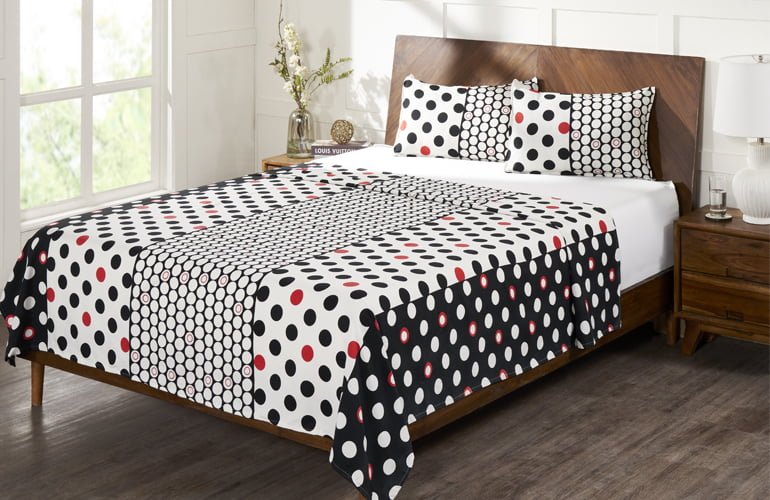
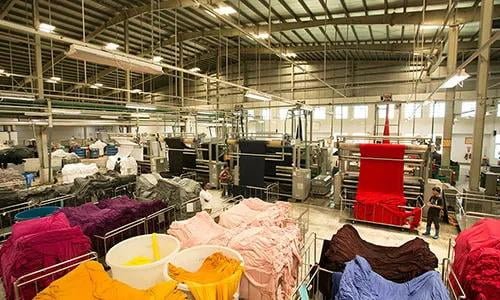
DYEING
Throughout the production process, the dyeing sector may optimize quality, sustainability, and efficiency by implementing lean manufacturing concepts. Every step of the production process, from dye selection and preparation to color application, washing, and finishing, is smoothly integrated with lean approaches. Dyeing facilities may reduce water and chemical usage, energy consumption, and production costs while maintaining high standards of color accuracy and product quality by concentrating on waste reduction and process optimization.
BATHROBE
In the bathrobe industry, the adoption of lean manufacturing principles is fundamental to optimizing production processes and delivering high-quality, comfortable garments to consumers. From fabric selection and cutting to sewing, finishing, and packaging, lean methodologies are integrated into every stage of manufacturing. This approach enables the industry to swiftly respond to changing fashion trends, customer preferences, and market demands.
